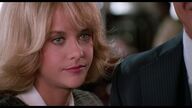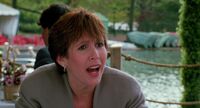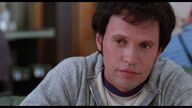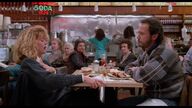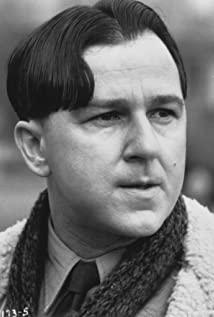【The disappearance of romance】
In the evening, re-watch the classic love movie "When Harry Met Sally", the hero and heroine's ten-year separation and encounter, under the surface of absurd comedy, exudes charming literary and artistic charm.
When the male protagonist was running wild on New Year's Eve, I suddenly thought of the "La La Land" that I watched this year, and I couldn't help comparing these two films, which were separated by nearly 30 years: with "La La Land" Compared with the complicated emotions of fame and fortune, it turns out that the previous love movies were all so pure. For example, in this movie, although Sally and Harry were both people who went from Chicago to New York in search of their dreams, their love There is almost no part related to the same name, career and even the future.
If you push the time forward, such as the "Casablanca" era that is always mentioned in this movie, although the love movies at that time often have family and national hatred, but love is love, and the choice for love is often related to morality. It's not about fame and fortune. "Casablanca" is like this, "Soul Broken Blue Bridge" is like this, even "Roman Holiday" is like this.
The same is true for a contemporary love movie with "Dang" or a little later. There is loss and pain in the issue of love, but there is very little fame or succumbing to fame and fortune. "Love Before Dawn" series, "Pretty Woman", "Notting Hill", and even "Sweet Honey", in these films, there are still some shadows of the supremacy of love.
But now "La La Land" is different. In those bloody family dramas, love has become a material vassal. Of course, we can say that the films of the year were all romanticism, and now the prevailing is realism, and the two cannot be compared at all, not to mention that in China, realism has always been the mainstay of our popular literature and art, and romanticism, perhaps in high school The teen movies are ended by stories like abortion.
On romanticism, there is a new book called "Romantic Revolution", which has an extraordinary exposition. At the end of the book, it is mentioned that the postmodern trend of thought in the 1970s and 1980s was a resurgence of 20th century romanticism and even a counterattack against rationality. This time is actually the time when the film came out.
But after postmodernism, the world is dominated by neoliberalism again, and capital and the market have become the masters of the world.
------------
The above is an amateur film review, and now let’s talk about its relationship with the book: The screenwriter of the movie “When Harry Met Sally” turned out to be a reporter. But her journalistic career doesn't seem to have been as successful as her film career—aside from this one, "Sleepless in Seattle" is also her brilliant pen. She also directed "Electronic Love Letters". The series of "Beijing Meets Seattle" that we have seen in recent years is a combination of realism and romanticism, thanks to her to some extent.
As for screenwriting and journalistic writing, the woman named Nora is described in depth in the book below (see photo), and illustrations of today's wonderful film are also presented at the end of the article. Good night.
View more about When Harry Met Sally... reviews



